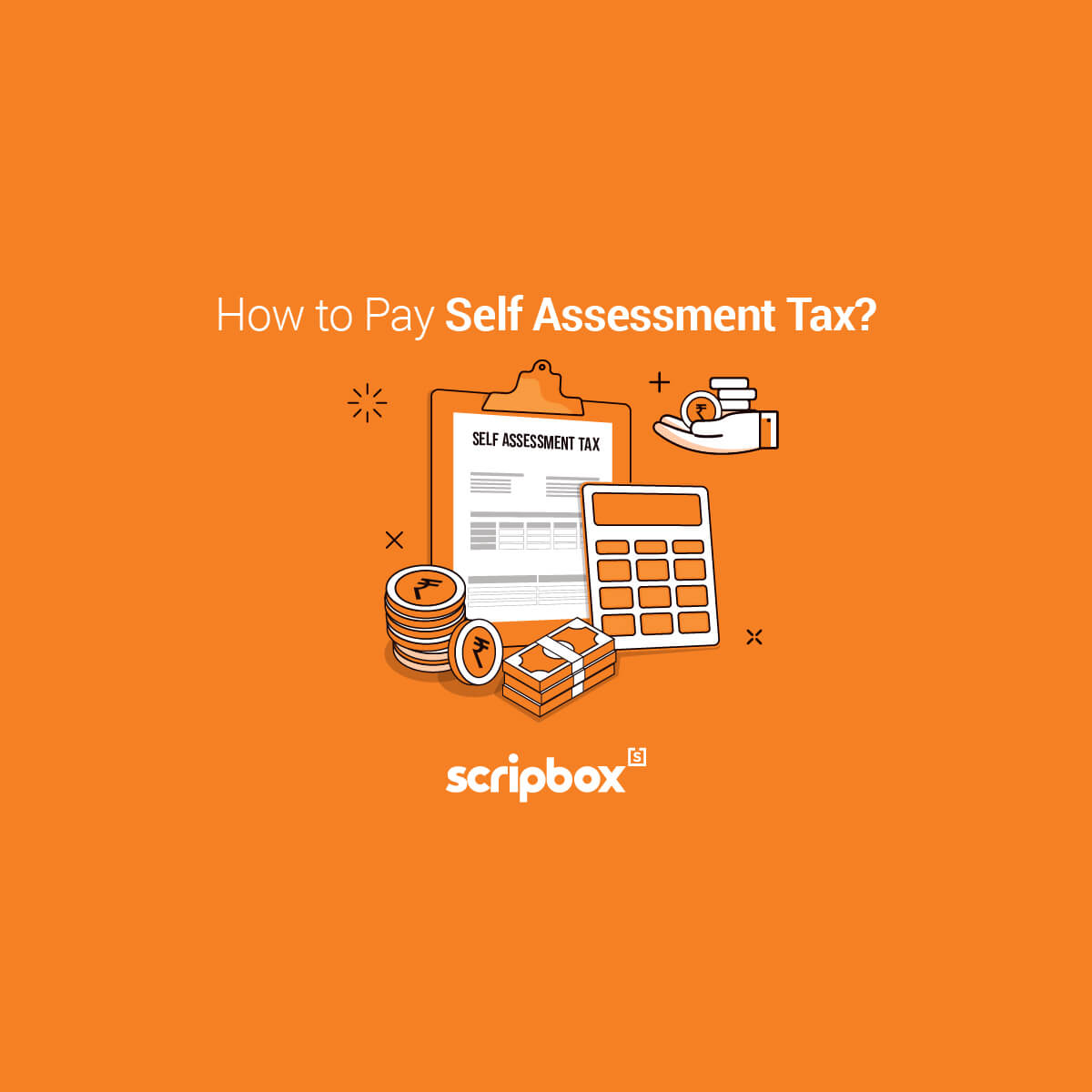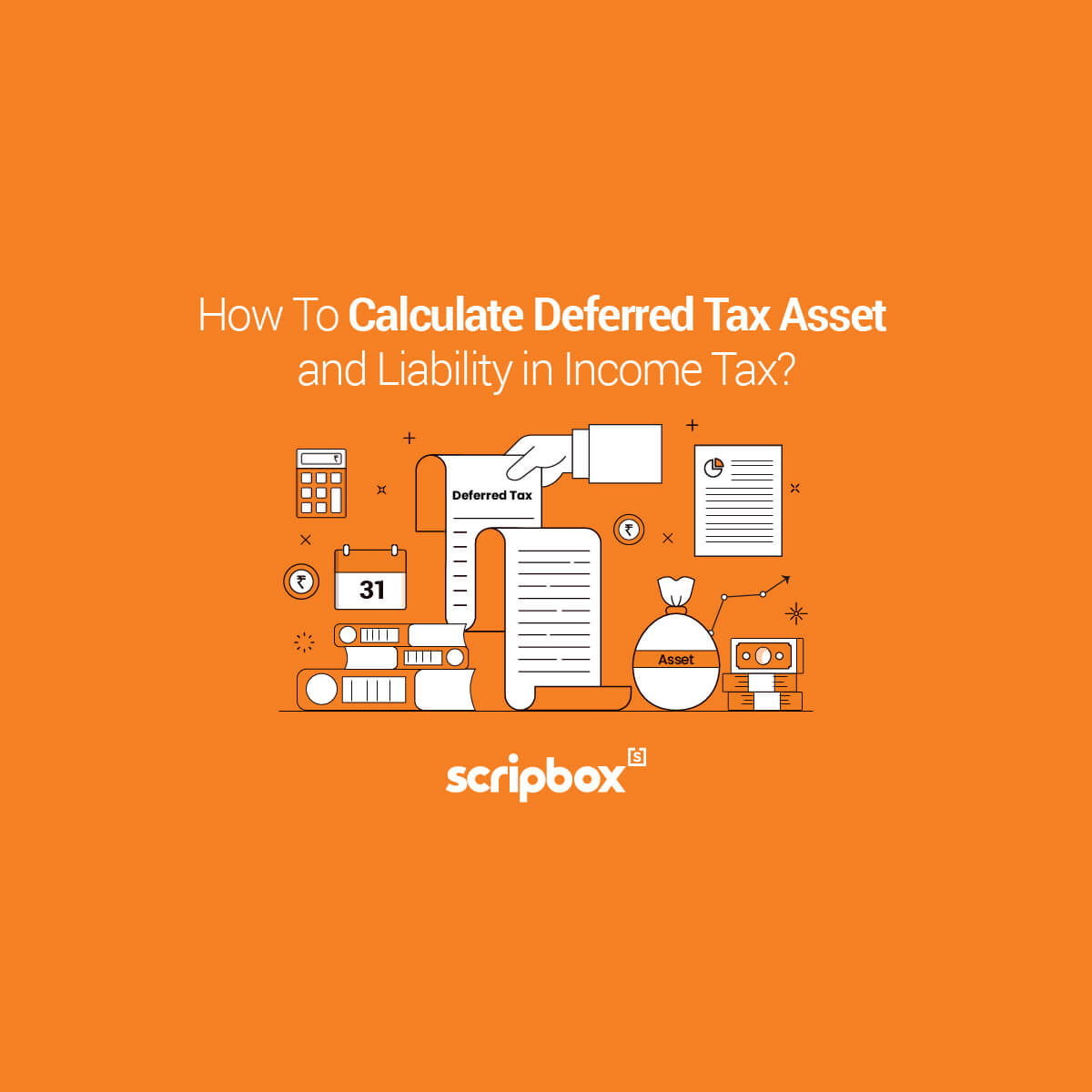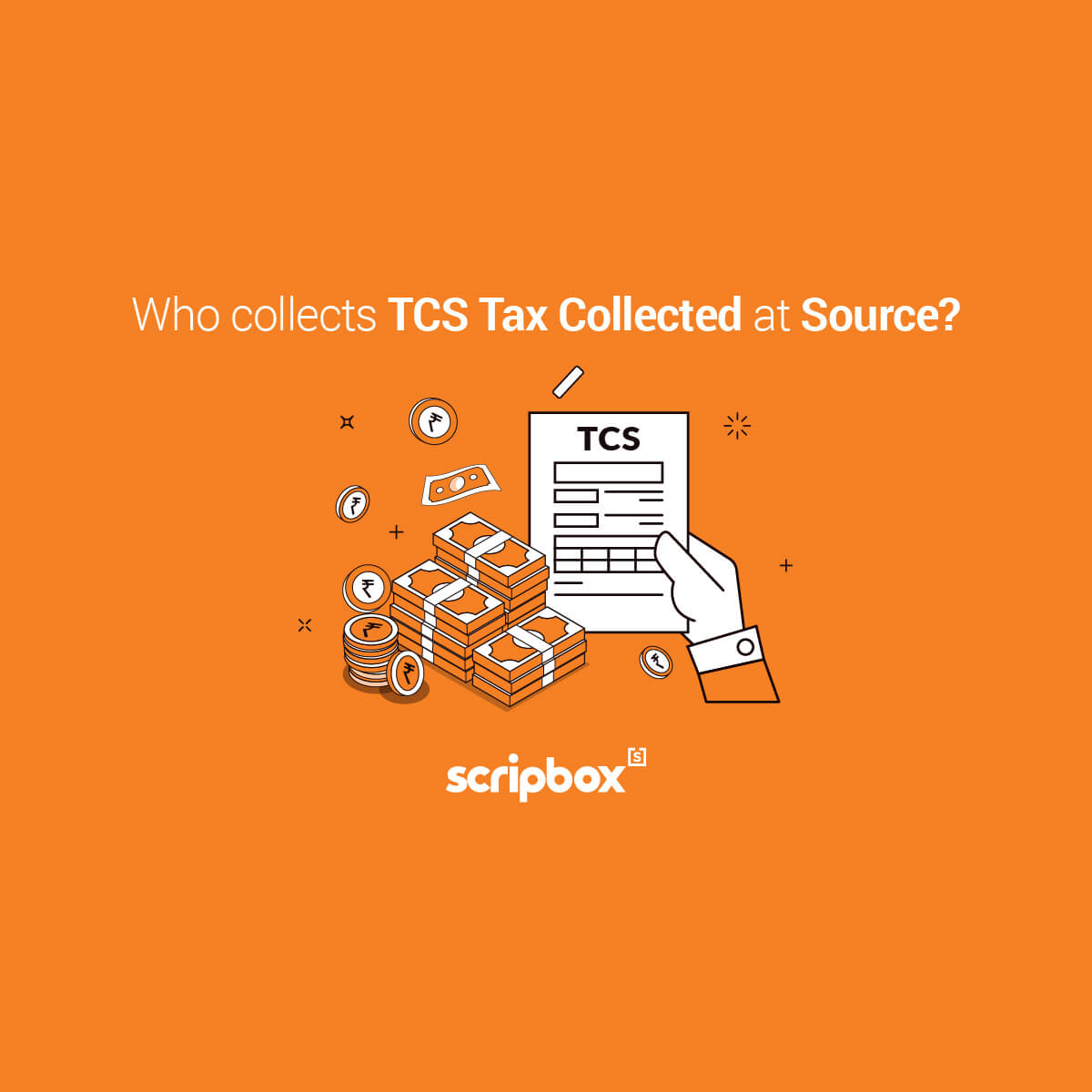Many times we come across allowances such as transport, conveyance, uniform allowance, etc. These are special allowances that an employer offers to its employees regularly. These allowances have specific requirements and conditions for taxability. In this article we have covered its type, their taxability, and conditions for claiming exemptions.
What is an Allowance?
It is a fixed amount of money that an employer offers to its employees. The employers pay it over and above the basic pay and dearness allowance. The objective is to meet the specific requirements of the employees. These allowances are a part of the salary and hence taxable. However depending on the type of allowance, it is either exempt or taxable.
What is Special Allowance in Salary?
The special allowance is offered to the employees to enable them in meeting their expenses. They incur these expenses while performing their duties of an office or employment of profit. The amount varies from one company to another as per the need. It is a part of the fixed pay. You can know the details of the allowance either in the offer letter or monthly pay slip. Since it forms a part of the salary it is taxable in the hands of the employee.
Special allowances are exempt from tax under section 10(14) of the Income Tax Act, 1961.
- Any such special allowance or benefit, not being in the nature of a perquisite within the meaning of clause (2) of section 17. The grant is specifically to meet expenses wholly, necessarily and exclusively incurred in the performance of the duties of an office or employment of profit. It is exempt to the extent to which such expenses are actually incurred for that purpose.
- Any such allowance either to meet his personal expenses at the place of office or employment or at the place where he ordinarily resides, or to compensate him for the increased cost of living. It is exempt from tax.
Taxability of Special Allowance
The categories of special allowances can be divided into 2 types. To begin with, a few allowances are fully taxable. While others are either partially exempt or fully exempt. However, the following conditions must be met:
- The payment is not in the nature of a perquisite.
- It is not of personal nature
- Offered solely for the purpose of to meet expenses wholly, necessarily and exclusively incurred in the performance of the duties of an office or employment of profit
- The exemption is limited to the amount received by the employee and actually spent for that purpose.
- The Income Tax Act provides the limit for exemption. It does not prescribe an upper limit for the allowance than an employer can offer.
Exemption Limits
| Special Allowance Under Section 10(14) | Exemption Limit |
| Children Education Allowance | Up to Rs. 100 per month per child up to a maximum of 2 children is exempt |
| Hostel Expenditure Allowance | Up to Rs. 300 per month per child up to a maximum of 2 children is exempt |
| Transport Allowance granted to an employee to meet expenditure for the purpose of commuting between place of residence and place of duty | Rs. 3,200 per month granted to an employee, who is blind or deaf and dumb or orthopedically handicapped with disability of lower extremities |
| Transport Allowance to an employee working in any transport business to meet his personal expenditure during his duty performed in the course of running of such transport from one place to another place provided the employee is not in receipt of daily allowance. | Amount of exemption shall be lower of following:a) 70% of such allowance; orb) Rs. 10,000 per month. |
| Conveyance Allowance granted to meet the expenditure on conveyance in performance of duties of an office | Exempt to the extent of expenditure incurred |
| Any Allowance granted to meet the cost of travel on tour or on transfer | Exempt to the extent of expenditure incurred |
| Daily Allowance to meet the ordinary daily charges incurred by an employee on account of absence from his normal place of duty | Exempt to the extent of expenditure incurred |
| Helper/Assistant Allowance | Exempt to the extent of expenditure incurred |
| Research Allowance granted for encouraging the academic research and other professional pursuits | Exempt to the extent of expenditure incurred |
| Uniform Allowance | Exempt to the extent of expenditure incurred |
| Special compensatory Allowance (Hilly Areas) (Subject to certain conditions and locations) | Amount exempt from tax varies from Rs. 300 per month to Rs. 7,000 per month. |
| Border area allowances, Remote Locality allowance or Disturbed Area allowance or Difficult Area Allowance (Subject to certain conditions and locations) | Amount exempt from tax varies from Rs. 200 per month to Rs. 1,300 per month. |
| Tribal area allowance given in (a) Madhya Pradesh (b) Tamil Nadu (c) Uttar Pradesh (d) Karnataka (e) Tripura (f) Assam (g) West Bengal (h) Bihar (i) Orissa | Rs. 200 per month |
| Compensatory Field Area Allowance. If this exemption is taken, employee cannot claim any exemption in respect of border area allowance (Subject to certain conditions and locations) | Rs. 2,600 per month |
| Compensatory Modified Area Allowance. If this exemption is taken, employee cannot claim any exemption in respect of border area allowance (Subject to certain conditions and locations) | Rs. 1,000 per month |
| Counter Insurgency Allowance granted to members of Armed Forces operating in areas away from their permanent locations. If this exemption is taken, employee cannot claim any exemption in respect of border area allowance (Subject to certain conditions and locations) | Rs. 3,900 per month |
| Underground Allowance is granted to employees working in uncongenial, unnatural climate in underground mines | Up to Rs. 800 per month |
| High Altitude Allowance is granted to armed forces operating in high altitude areas (Subject to certain conditions and locations) | a) Up to Rs. 1,060 per month (for altitude of 9,000 to 15,000 feet)b) Up to Rs. 1,600 per month (for altitude above 15,000 feet) |
| Highly active field area allowance granted to members of armed forces (Subject to certain conditions and locations) | Up to Rs. 4,200 per month |
| Island Duty Allowance granted to members of armed forces in Andaman and Nicobar and Lakshadweep group of Island (Subject to certain conditions and locations) | Up to Rs. 3,250 per month |
Special Allowance Calculation
The calculation of special allowances in India depends on the allowance type and the applicable exemption limits. For example, the calculation of transport allowance is as follows:
- Basic salary = Rs. 50,000 per month
- Transport allowance = Rs. 1,600 per month
- Exemption for transport allowance = Rs. 1,600 per month
Therefore, the taxable salary for the employee will be:
- Basic salary = Rs. 50,000 per month
- Transport allowance (taxable) = Rs. 0 per month
The taxable special allowance will be added to the employee’s salary to calculate income tax.
Frequently Asked Questions
Usually, the special allowance is lower than the basic salary. Moreover, special allowance is usually the remainder of the CTC after allocating fixed pay and variable pay in the form of periodic and performance bonus. Hence, the special allowance can be higher than your basic salary. However, there would be a very rare or specific scenario. Moreover, there is no restriction from the Income Tax Act on basic salary being lower or higher than special allowance.
Dearness allowance is provided by the central government to its employees. Only public sector employees receive a dearness allowance. Further the calculation of dearness allowance is dependent on the consumer price index. The Pay Commission is responsible for reviewing the dearness allowance. On the other hand, special allowance can be paid by a public as well as a private sector employee. The intent of a special allowance is to enable an employee to then meet expenses wholly, necessarily and exclusively incurred in the performance of the duties of an office or employment of profit. Dearness allowance is fully taxable at slab rate. While special allowance is either fully taxable, or fully/ partially taxable.
Yes, a special allowance is fully paid by the employer every month. Special allowance is a part of the fixed pay and hence payable according to the CTC and employment agreement.
Yes, an allowance is an income. Moreover, it is taxable as salary income in the hands of the employee at the applicable slab rate.
The allowances are fully taxable, partially exempt, or completely exempt. The fully taxable allowance includes dearness allowance, entertainment allowance, overtime allowance, city compensatory allowance, meal allowance. It also includes interim, project, cash, warden, servant, and non-practising allowance.
Yes allowances are benefits that are offered for specific purposes. These allowances are a part of the total salary. However, these allowances are not perquisites. The taxability for allowances and perquisites are different.
Yes, the monthly salary includes allowances. The allowances are a part of the fixed pay. Hence, they are a part of the monthly salary and paid accordingly to the employees.
Yes, allowances are a part of the fixed pay. The variable pay includes performance bonus, incentives, and periodic bonus. Unlike variable pay, allowances are paid every month to the employees.
Explore: ESI Calculation






















Show comments